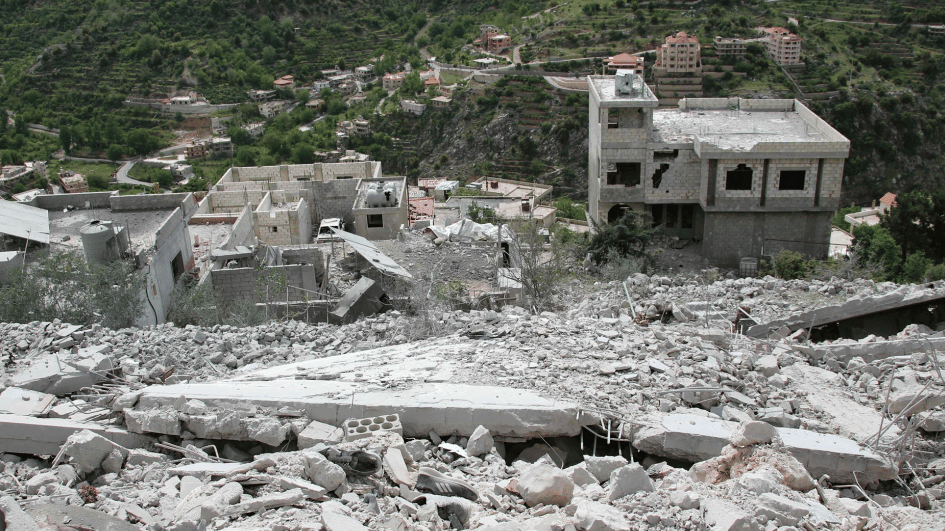Public humiliation fuels anger in Egypt
It was not enough that so far the leaders in Egypt have failed to address the basic calls of bread, freedom and social justice that brought down their predecessors, they have now blatantly realized the unforgivable sin of degrading Egyptians. Egyptians are proud people. The one thing that tops their list for anger and violent reaction is scarring their human dignity. To make it public takes it to another height. The brutal, globally televised scene last Friday of an Egyptian stripped naked and brutally kicked and beaten by the security forces in front of the Presidential palace added gasoline to the already lit fire of anger.
One must not underestimate that the main flame that ignited the massive revolts in January 2011 was the brutal torture meted out to one brave young martyr by police in Alexandria. We were all “Khaled Said” then. Two years, and thousands of dead and injured later, Egyptians watched that one scene live and the humiliation was a stark reminder of how little has changed. The farcical attempts that followed the incident to first deny, then denounce the incident did more harm than good to the ruling regime, amid the boiling environment of anger and increased frustration.
Much more has been happening in Egypt, even worse than this one incident. The number of young activists shot dead, young teenagers taken into custody at random, accounts of torture and now increasing numbers of missing youngsters are fueling the streets with violence against a system that continues to be deaf and blind to the humiliation of their citizens. Lame responses about the necessity to keep order, others about the hooligan nature of the rioters and attempts to tarnish the revolutionaries, in addition to the increasingly heard scenarios about “conspiracies against the revolution” sound like a mere repeat of pre-Jan. 25, 2011. If nothing else, the president, his party and their Muslim Brotherhood allies have showed no innovation in their actions or responses. Ironically, the déjà vu scenario continues to play out, only to display the mounting fear of the regime and its institutions. This time it is a different generation of brave men and women who will surely respond differently.
Young Egypt is not afraid of Old Egypt. In a refreshing response to the cowardly sexual harassment and gang rape of more than 25 women in the heart of Cairo in Tahrir square, the victims turned the tables on their assailants. They publically exposed these brutal attacks, they documented live accounts visually and proved beyond doubt they were planned, institutional activities. Egyptian youths of both genders rose to the occasion and organized groups of volunteers to safeguard and support. Massive demonstrations in defiance were organized and marched in downtown Cairo. In short, the fury and anger at these despicable tactics to bring fear to their hearts was transformed into the energy of warriors who will not stop until they get due justice. The brave Egyptian women who endured this repulsive crime against their humanity did not allow themselves to be victimized, and instead gained more respect and admiration. They put their cowardly and sick attackers to shame and disgrace, for Egyptians are a proud people.










